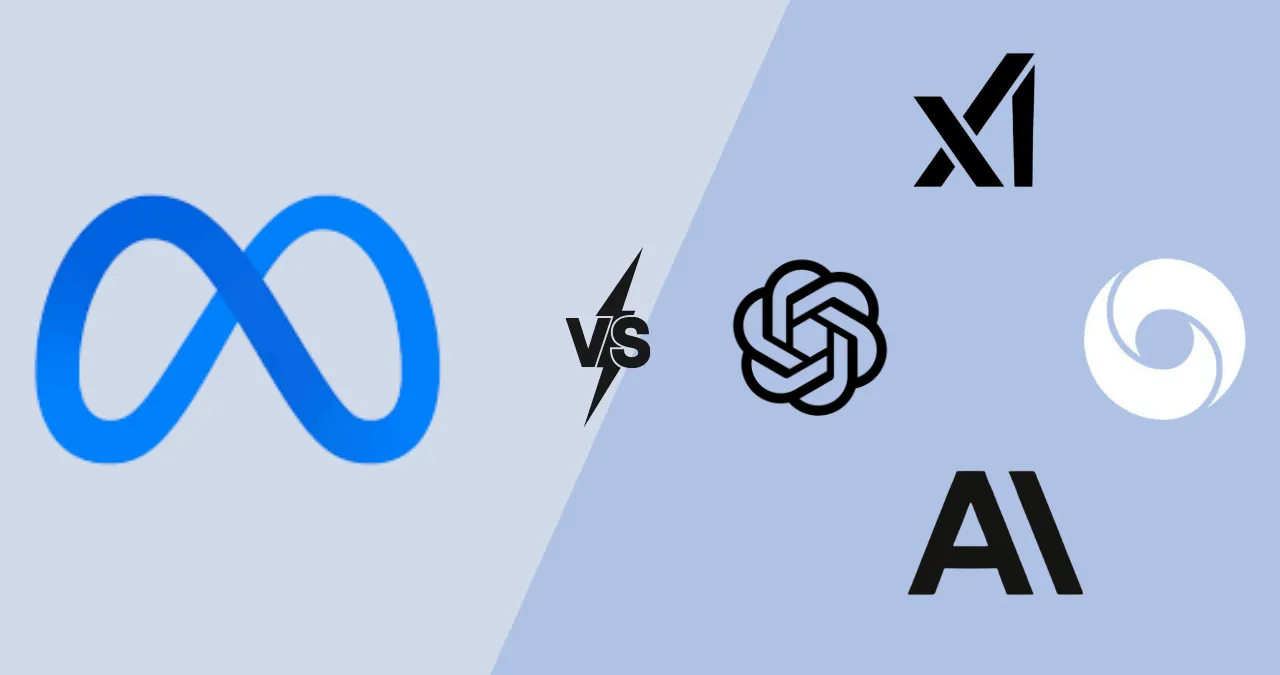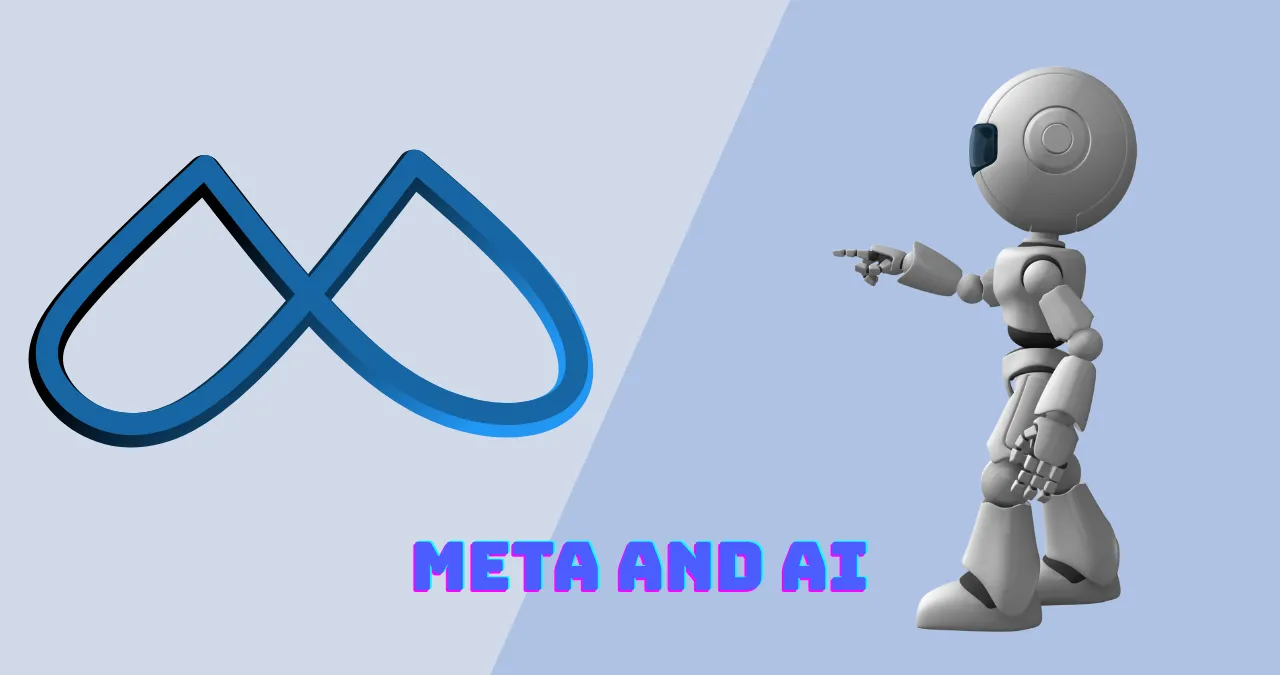In a bold and transformative move, Meta CEO Mark Zuckerberg has issued a challenge in the global artificial intelligence (AI) arms race. On July 30, 2025, Zuckerberg unveiled Meta’s ambitious vision to develop “personal superintelligence,” a type of AI designed not to replace humans but to empower them in their daily lives.
This announcement, which came just before Meta’s Q2 2025 earnings call, shows that the company is changing its strategy in a big way and is determined to be the first to reach AI Superintelligence. In the future, this technology could change how people and computers talk to each other.
What is AI Superintelligence?
Superintelligence is a common theme in science fiction. It refers to AI systems that are smarter than people in every way, from solving problems to being creative. Some people in the industry see superintelligence as a centralized force that automates all valuable work. Zuckerberg, on the other hand, sees it as a human-centered approach.
He wrote a letter that was posted on Meta’s website in which he talked about his idea of “personal superintelligence,” which “empowers individuals to achieve their goals, create, experience adventures, improve relationships, and grow personally”.
Meta is different from competitors like OpenAI and Google because it focuses on giving people more control over their own lives. These companies are more often associated with bigger, automation-driven AI goals.

Not only is Zuckerberg’s vision philosophical, but he also takes action to support it. Meta has set up a new division called Meta Superintelligence Labs (MSL) that brings together its AI research, foundation model development, and product teams.
The lab is led by Alexandr Wang, former CEO of Scale AI, who now serves as Meta’s chief AI officer. Meta has spent a lot of money to help its efforts, including a $14.3 billion stake in Scale AI and a lot of hiring of top researchers from competitors like OpenAI, Anthropic, and Google.
Financial Muscle Behind the AI Push
Meta’s ambitious AI strategy is underpinned by its robust financial performance. The company said in the second quarter of 2025 that its profits rose by 36% to $18.3 billion and its sales rose by 22% to $47.5 billion. This was more than Wall Street had expected, which was $15.1 billion in profits and $44.8 billion in sales (New York Times, 2025). This financial strength lets Meta invest billions in AI without putting too much pressure on its bottom line right away.
During the earnings call, Zuckerberg outlined practical applications for superintelligence, such as enhancing Meta’s advertising business by improving social media feeds to keep users engaged longer. He also talked about how Meta’s smart glasses will be the main way people interact with their personal superintelligence.
The glasses will use cameras and video processing to understand the user’s situation and give them personalized help. However, analysts say that Meta’s profits may not grow as quickly because operating costs are going up by almost 9% because of investments in infrastructure and hiring new employees.
The AI Arms Race: Meta vs. the Giants
Meta’s announcement comes at a time when the AI arms race is getting more intense, with big tech companies like OpenAI, Google DeepMind, Anthropic, and xAI all trying to be the best. Meta wants to catch up to and beat its competitors, and Zuckerberg’s creation of MSL and hiring of top talent show this.
He wrote in an internal memo, “As the pace of AI progress accelerates, developing superintelligence is coming into sight”. Meta’s plans for multi-gigawatt data centers like Prometheus (set to go live in 2026) and Hyperion (which can grow to 5 gigawatts) show how serious it is about its infrastructure investments.

However, Meta faces stiff competition. Sam Altman of OpenAI has said that superintelligence could come in “a few thousand days,” while Elon Musk has said that it could happen by 2026. Meta’s move to superintelligence comes after problems like the bad reception of its Llama 4 model and problems with internal management that have given competitors an edge.
Criticisms and Challenges
Meta’s goals are big, but they aren’t without controversy. People who don’t like superintelligence say that it is still a vague idea that doesn’t have a clear meaning. Dr. Margaret Mitchell, a well-known AI researcher, has said that “intelligence is not a single value where you can make these direct comparisons and have them mean something”.
University of Washington professor Pedro Domingos has gone further, labeling superintelligence as “science fiction” due to AI’s uneven capabilities—capable of rapid research but prone to errors, such as a 60% inaccuracy rate in AI search engines.
Meta’s own AI efforts have faced scrutiny. In April 2025, outside researchers found that Meta’s Llama models’ benchmarks were meant to make them look better than they really are. This led to criticism from inside the company and Zuckerberg’s anger. People are also surprised that Meta is no longer fully open-sourcing its AI models.
Zuckerberg has always been a fan of open-source models like Llama, but he recently said that “superintelligence will raise novel safety concerns,” which means that Meta may keep some models closed to reduce risks.
Financially, Meta’s AI investments are a gamble. Analysts say that Meta’s revenue growth will slow down and costs will go up. Some people are even wondering if superintelligence will help Meta’s core business right away. The company’s Reality Labs division, which lost $4.53 billion in the Q2, is a warning about risky investments.
The Road Ahead: Opportunities and Risks
Zuckerberg has described the rest of the decade as a “decisive period” for determining whether superintelligence becomes a tool for personal empowerment or a replacement for human society (Meta, 2025). Meta’s resources, including its $100 billion annual cash flow and industry-leading compute infrastructure, position it well to lead this charge.
Posts on X reflect Zuckerberg’s optimism, with one quoting him as saying, “We’re starting to see early glimpses of self-improvement with the models. Developing superintelligence is now in sight”.
Yet, the path is fraught with challenges. The technical hurdles of building superintelligence are immense, and ethical concerns loom large.Meta must deal with public and regulatory scrutiny while also making sure that superintelligent systems are safe. The company’s history of changing direction, most recently with its expensive metaverse project that has lost more than $60 billion since 2020, makes it more important to get real results.
A Defining Moment for Meta and AI
Mark Zuckerberg’s declaration of war in the AI arms race is a turning point for Meta and the tech industry as a whole. Meta wants to change the way we use technology by betting on personal superintelligence. This could happen through devices like smart glasses that use AI in everyday life. The company’s strong finances and smart investments make it a strong competitor, but the path to superintelligence is unclear and full of technical, financial, and moral problems.

The world will be watching as Meta moves forward. Is personal superintelligence going to bring about a new age of empowerment, as Zuckerberg hopes, or will it just be another big tech dream that doesn’t come true? Only time will tell, but one thing is clear: Meta’s bold move has raised the stakes in the AI race, and the outcome could shape the future of technology for generations to come.
Also Read This : How to Make Money Using AI in 2025: 25 Best ideas
Also Read This : How to Start an AI Freelance Jobs in 2025


